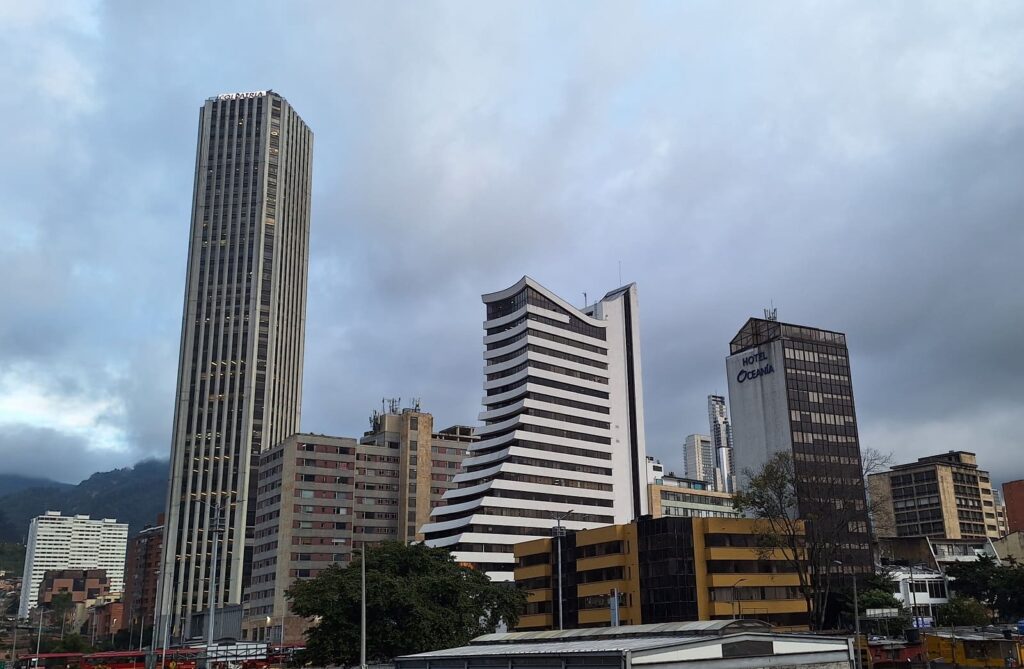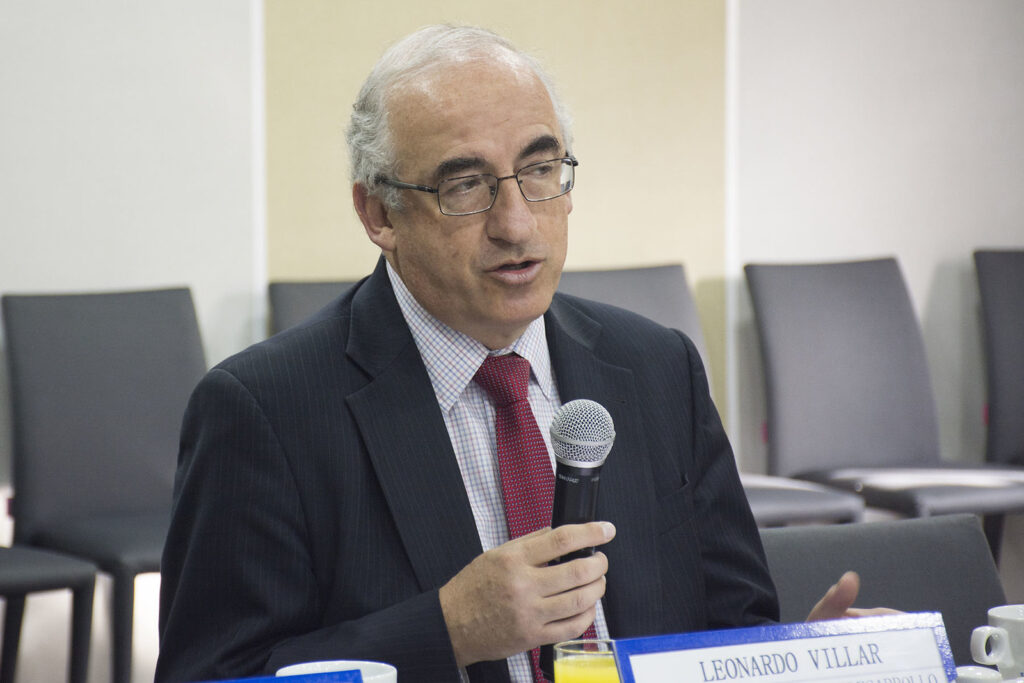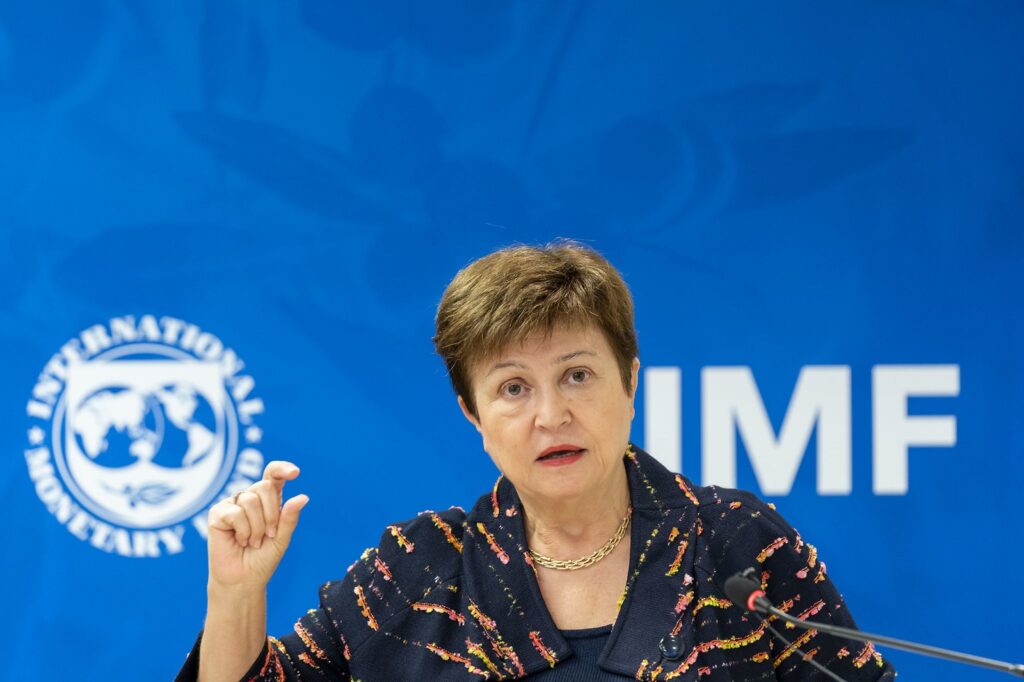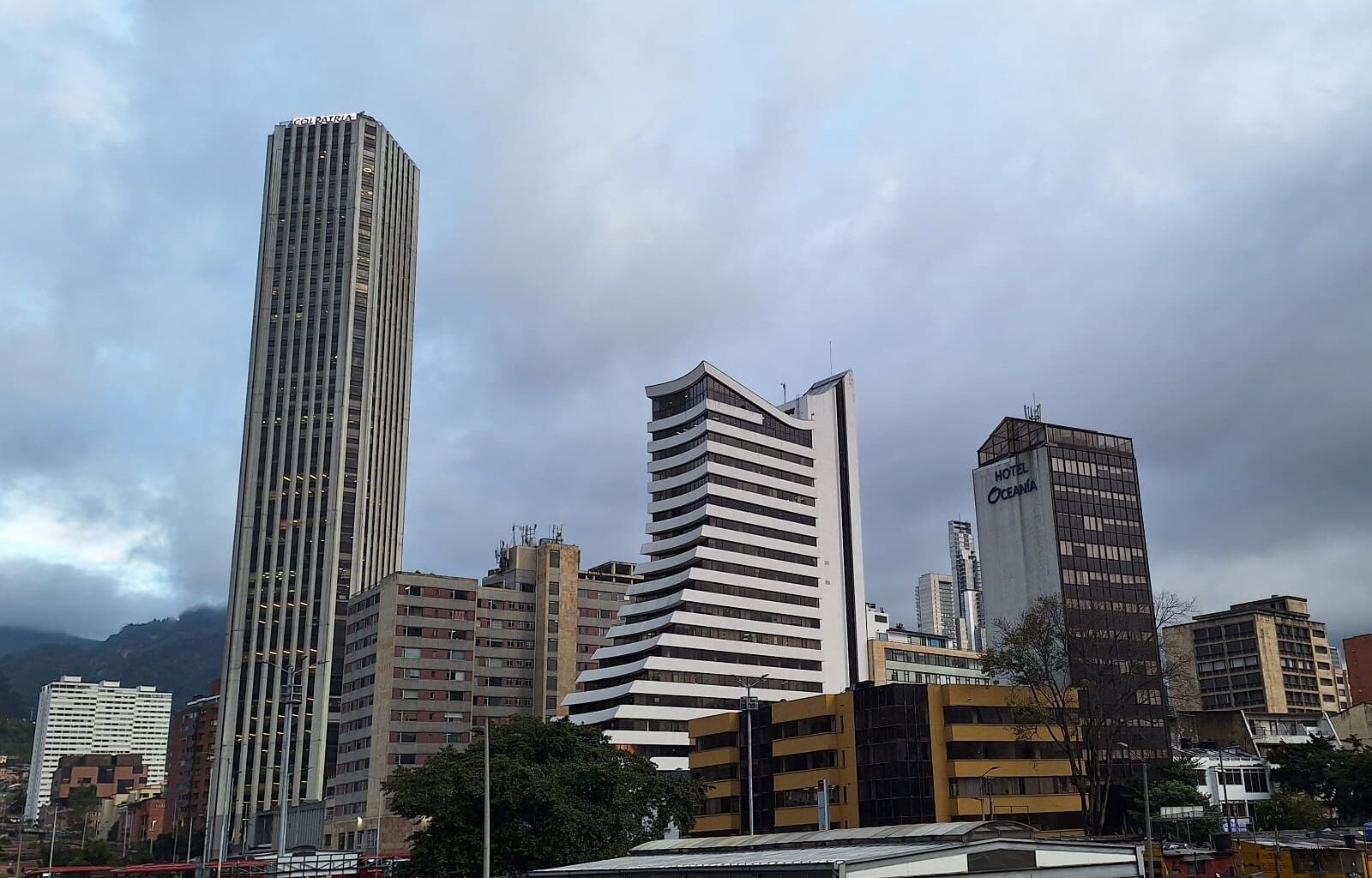
Colombia will keep the interest rate unchanged at 9.25% for the month of October, as the government canceled the IMF Flexible Credit Line. Credit: Josep Maria Freixes / Colombia One.
Once again, Colombia decided to keep interest rates unchanged after the Central Bank’s board meeting. Thus, the rate remains at 9.25%, where it has been since May, following the return of the inflationary threat.
In this regard, a majority of four board members voted to maintain rates, while two voted for a 50-basis-point cut and one for a 25-basis-point cut.
Once again, the main reason for not continuing with the decrease so eagerly sought by the government and economic agents was inflation, which stood at 5.1% in August. In this context, the Central Bank considered that “the new forecast scenario suggests a slower convergence toward the 3% target.”
On the other hand, the country announced it is giving up the International Monetary Fund’s (IMF) Flexible Credit Line, after the international organization barred Colombia from accessing these resources five months ago. Nevertheless, the South American nation says has sufficient fiscal balance and liquidity and insists on its commitment to servicing its external debt.
Colombia maintains interest rate amid inflationary upturn
As expected, and as ultimately happened, the Central Bank of Colombia’s board once again showed prudence in its October decision on interest rates. In this sense, a majority of board members chose to keep rates unchanged at 9.25%, where they have stood for four months.
The reason: inflation’s refusal to move closer to the 3% target. In fact, in the most recent reading, corresponding to August, the annual CPI even ticked up slightly, reaching above 5%. This pushes further away the goals of economic authorities, who insist they will not lower rates until inflation is under control.
Other factors to consider include rising inflation expectations among analysts. According to the September survey, the median expectations stood at 5% and 4% for 2025 and 2026, respectively. Expectations derived from public debt markets also remain above the 3% target.
In addition, economic activity grew 2.5% in the second quarter of the year, in line with the technical team’s projections. This growth reflects the solid momentum of domestic demand, with sustained increases in consumption and recent gains in investment, especially in civil works and in machinery and equipment.
Thus, although external financial conditions have eased in recent weeks, uncertainty persists over the effects of U.S. trade policy and regional and global geopolitical tensions.

Leonardo Villar, manager of the Central Bank of Colombia, announced the board of directors’ decision to keep interest rates frozen in October. Credit: Inter-American Dialogue, CC BY-SA 2.0 / Flickr.
Colombia loses IMF credit line
In addition to the interest rate news, it was also revealed on the last day of September that Colombia decided to cancel the Flexible Credit Line it had kept open with the IMF since April of last year.
It is worth recalling that this Flexible Credit Line was available for a two-year period and for an amount of US$8.1 billion, but five months ago, the IMF suspended this option, meaning the South American country’s decision is merely a formality.
“Colombian authorities have decided to cancel the agreement of the Flexible Credit Line of the International Monetary Fund that Colombia had in effect since April 2024. The decision is made given that access to these resources has been suspended by the organization since April 26, 2025, and will remain suspended until the expiration of the current agreement, according to the evaluation carried out in the Article IV consultation,” said Leonardo Villar, Central Bank manager.
The Central Bank stressed that this decision comes at a time when the country has adequate levels of international liquidity, with reserves currently standing at US$65.5 billion, a figure explained by the 2024 foreign exchange accumulation program of US$1.5 billion, as well as by the returns obtained in portfolio management, which added US$4.5 billion between 2024 and so far in 2025.
The entity insisted that the cancellation of the flexible credit line does not alter the payment schedule agreed with the IMF in previous years and that, in particular, the commitment remains to pay in December 2025 the last pending installment of the disbursement made in December 2020, which was the only withdrawal of resources under this modality.

Kristalina Georgieva has been the managing director of the IMF since October 2019. Credit: Cory Hancock / IMF, CC BY-NC-ND 2.0 / Flickr.
